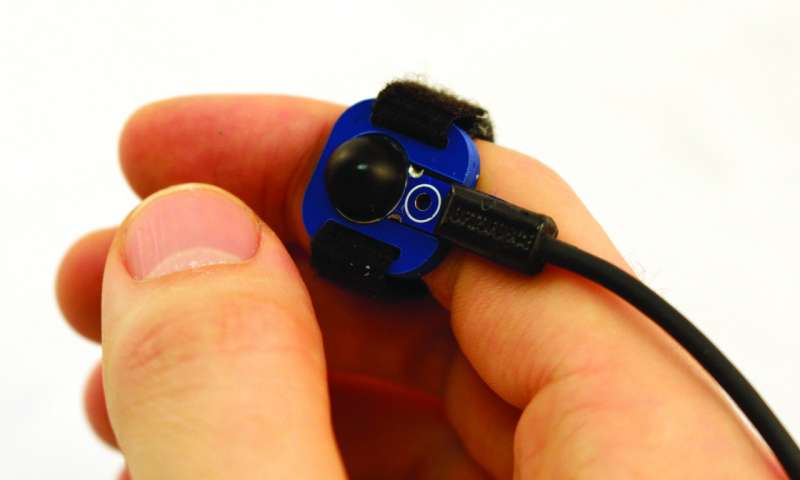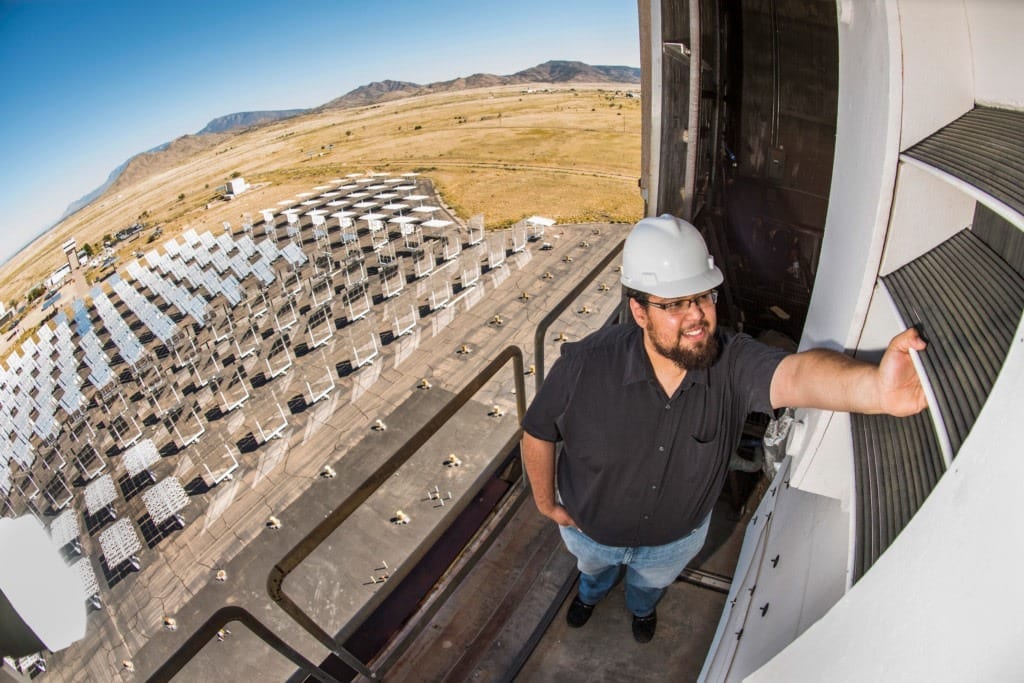
Buoyed by promising results of a Phase I study demonstrating the safety of mesenchymal stem cell therapy to treat frailty in older adults, researchers at the Interdisciplinary Stem Cell Institute (ISCI) at the University of Miami Miller School of Medicine have taken it a step further.
Now Phase II randomized, placebo-controlled trial findings have verified their initial study, boosting the potential for this stem cell therapy to reverse or forestall the symptoms of frailty. Not only is there no currently approved medical therapy for frailty, the need is expected to grow substantially given the overall aging of the U.S. population.
“It’s a huge need — that’s one of the exciting things,” said Joshua M. Hare, M.D., the Louis Lemberg Professor of Medicine and founding director of ISCI. Frailty is estimated to affect about 10 to 11 percent of seniors, a considerable percentage of the 50 million people older than 65 years experts predict by the year 2050.
Results of the AllogeneiC Human Mesenchymal Stem Cell in Patients with Aging FRailTy via IntravenoUS Delivery (CRATUS) Phase I trial and subsequent CRATUS Phase II trial were simultaneously published online October 12 in The Journals of Gerontology. In an accompanying guest editorial, David G. Le Couter, M.D., Ph.D., professor of medicine at the University of Sydney, and colleagues praised the work.
“These trials represent potential landmarks in the treatment of frailty,” they wrote. “Both studies are early-phase trials of a small number of participants, designed primarily to assess safety, so conclusions about efficacy need to be treated with caution. Even so, the results are striking and, at minimum, pave the way for large randomized Phase III clinical trials.”
“I was very surprised and excited with the results,” Hare said. Replicating their results in the Phase II randomized trials “gives me even greater confidence” in the findings. For example, both trials demonstrated a significant and meaningful increase in six-minute walk tests among older adults with frailty compared to their baseline.
“The idea that we can biologically modify frailty is very exciting,” Hare said. In fact, the research by Hare and his team demonstrate the beneficial effects of mesenchymal stem cell therapy in this population, including their anti-inflammatory effects, pro-regenerative capabilities, and anti-fibrotic actions (meaning they can decrease scar tissue). The investigators have also shown the therapy promotes new vessel growth and improves endothelial function.
“Mesenchymal stem cells are a multifactorial way of offsetting many of the key features of aging,” Hare said.
Learn more: Stem Cell Studies Build Momentum toward Therapy for Age-Associated Frailty
The Latest on: Mesenchymal stem cell therapy
[google_news title=”” keyword=”Mesenchymal stem cell therapy” num_posts=”10″ blurb_length=”0″ show_thumb=”left”]- Cell Therapy Manufacturing: Time to Move Faston April 30, 2024 at 9:54 am
The more quickly manufacturing and release obstructions can be cleared, the sooner lifesaving treatments can be administered.
- BioRestorative Therapies Announces Transformative Commercial Agreement with Cartessa, a Global Leader in Medical Aesthetics Technologyon April 30, 2024 at 4:30 am
Leading regenerative medicine and aesthetics innovators collaborate to build a vertically integrated, best-in-class biocosmeceutical platform — — Exclusive, five (5)-year agreement includes ...
- Claris Bio's journey toward treating neurotrophic keratitison April 27, 2024 at 2:34 am
David Hutton, Managing Editor of Ophthalmology Times sat down with Claris Bio CEO, Clarke Atwell, to discuss the company's path toward developing treatment for neurotrophic keratitis.
- Nanoscope Therapeutics Appoints New Chief Medical Officeron April 26, 2024 at 3:38 pm
Dallas-based Nanoscope said Dr. Allen C. Ho will help define the strategy of developing its gene mutation-agnostic therapies. Ho is attending surgeon and director of retina research at Wills Eye ...
- Therapeutic potential of human umbilical cord-derived mesenchymal stem cells in Crohn’s diseaseon April 25, 2024 at 6:00 am
Whether human umbilical cord-derived mesenchymal stem cells (hUC-MSCs) could heal luminal ulcers in Crohn’s disease.
- The murky, unregulated world of anti-ageing stem cell therapyon April 24, 2024 at 10:50 am
Stem cells are the new focal point of the rich and famous with Hollywood A-listers reportedly spending tens of thousands of pounds each year on expensive therapies offered by private longevity clinics ...
- Stem Cell Magic: Scientists Unveil New Superhero for Healing Diabetes Woundson April 23, 2024 at 10:13 am
Researchers unveiled a novel therapy for diabetic wound healing. The new research highlights the use of exosomal miR-4645-5p from hypoxic bone marrow mesenchymal stem cells (BMSCs) to significantly ...
- Are exosomes better than stem cells in battling aging?on April 22, 2024 at 10:00 pm
Exosomes provide same benefits of stem cell therapy but without the biosafety concerns Exosomes ... performance despite a balanced diet and adequate supplementation, these mesenchymal stem cell ...
- Man Paralyzed In Surfing Accident Regains Ability to Walk After Stem Cell Treatmenton April 19, 2024 at 10:48 am
Chris Barr went surfing at Ocean Beach and broke his neck in eight places. He was paralyzed from the down. But after a stem cell trial, Barr is walking again.
- Immunotherapy Regenerative Medicine Clinic on Using Stem Cells to Activate the Body's Natural Healing Poweron April 18, 2024 at 10:02 am
Stem cell therapy, a cornerstone of regenerative medicine, has shown immense potential in treating autoimmune diseases, aging conditions, and ...
via Google News and Bing News










